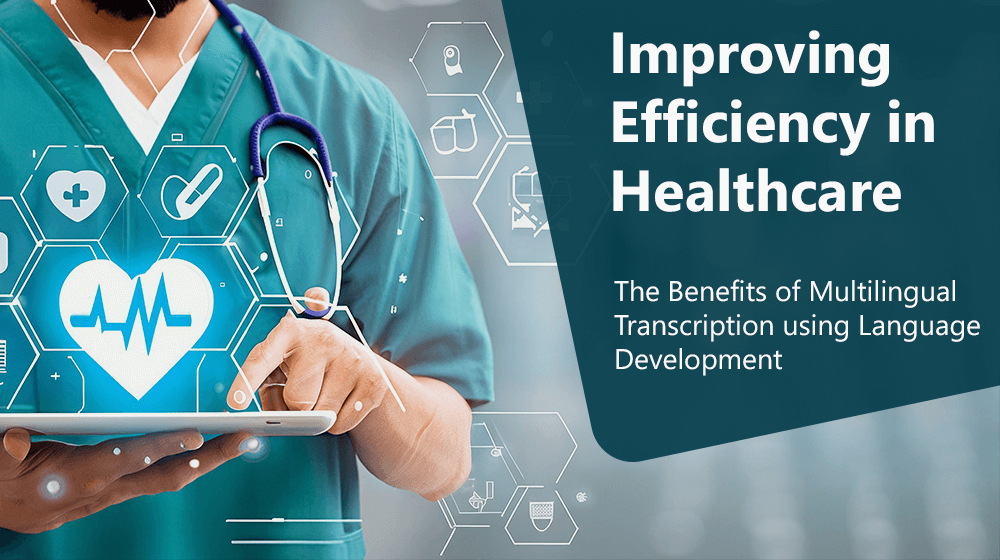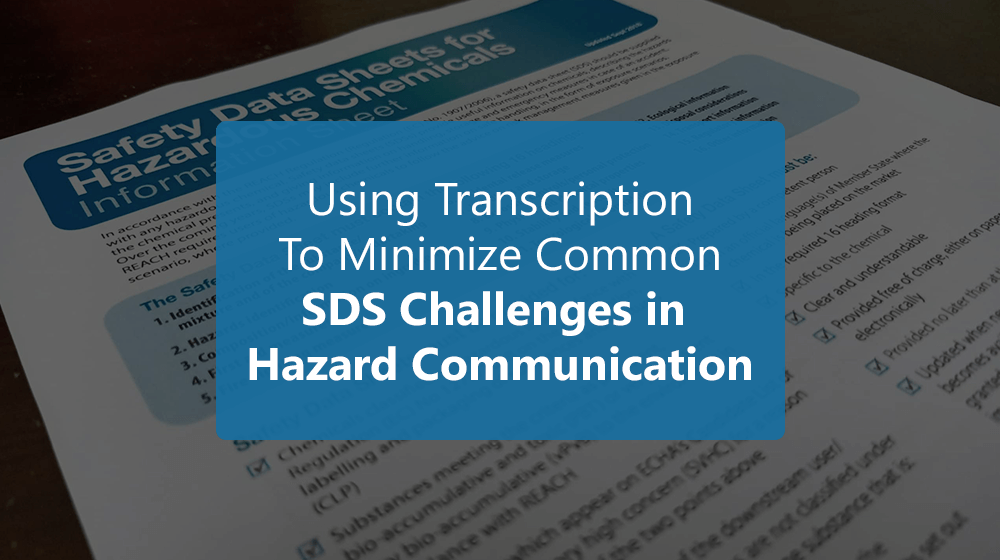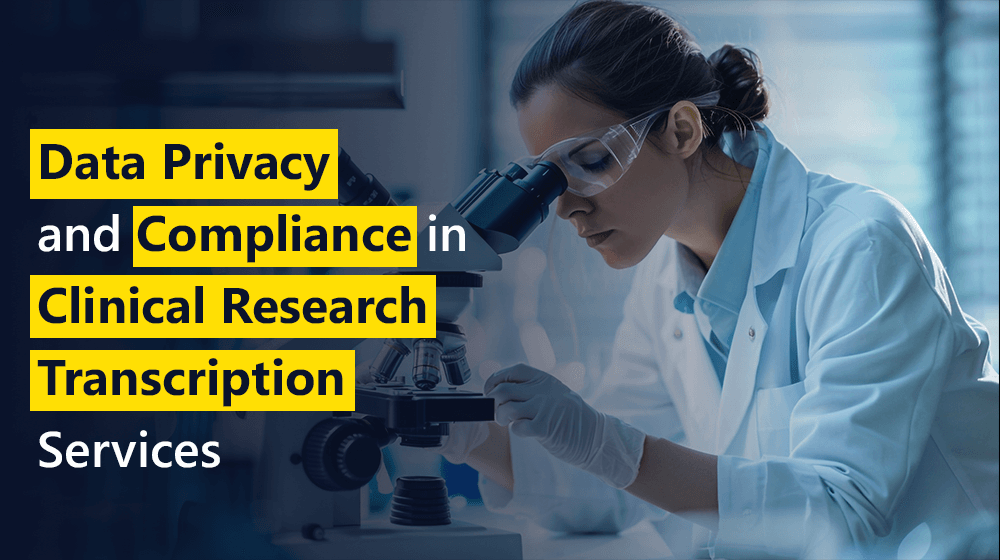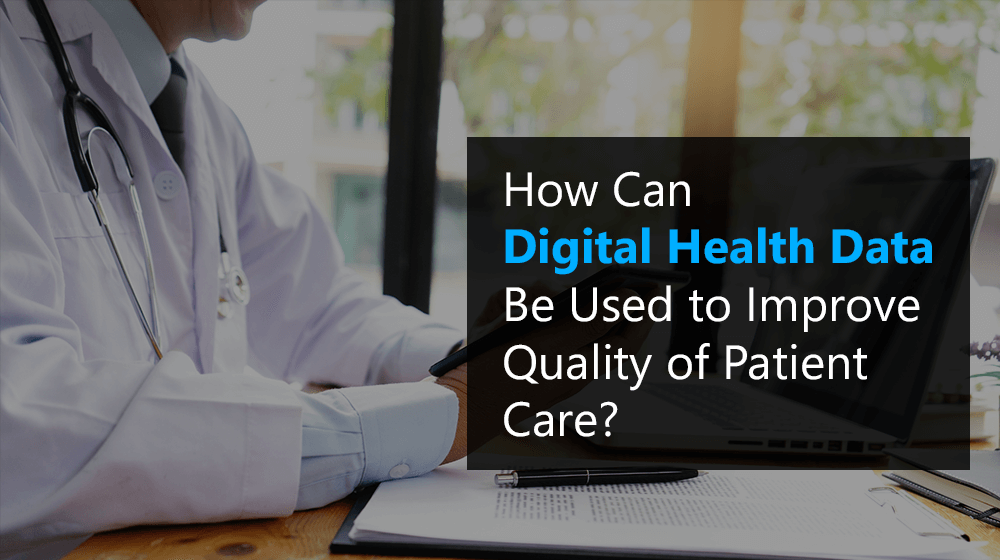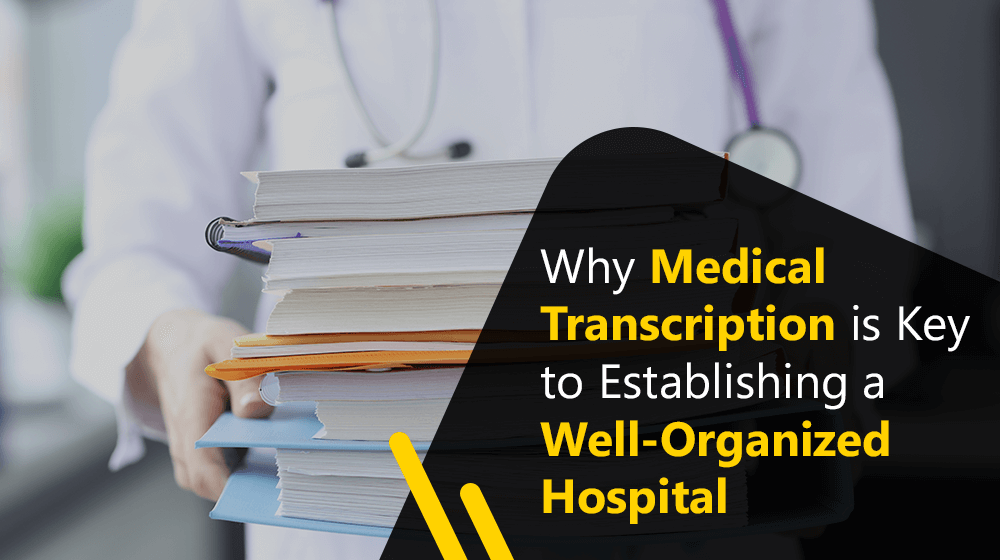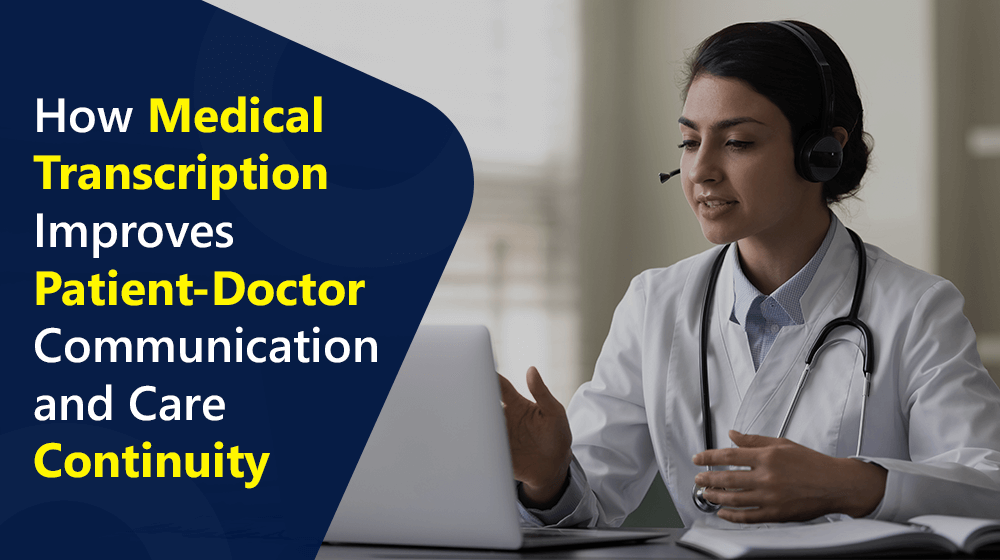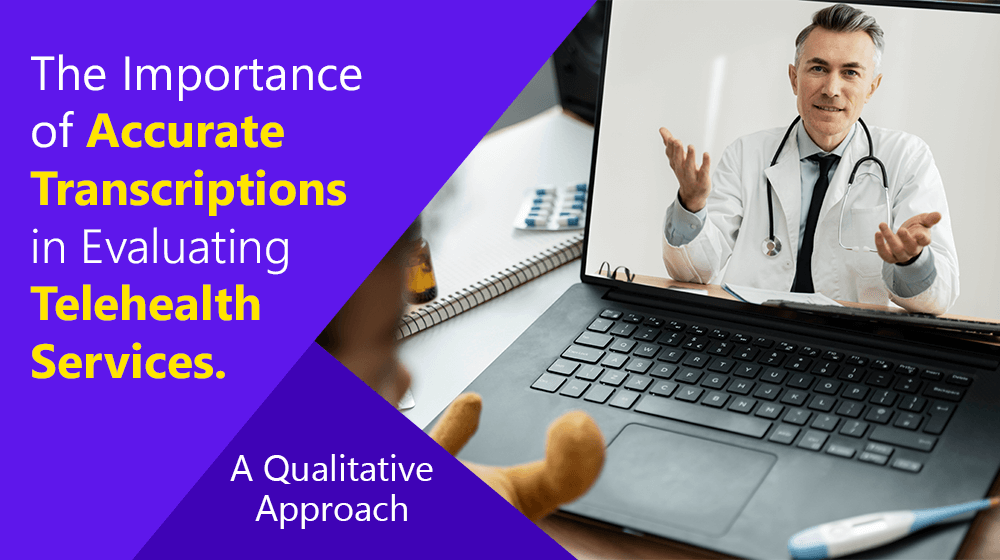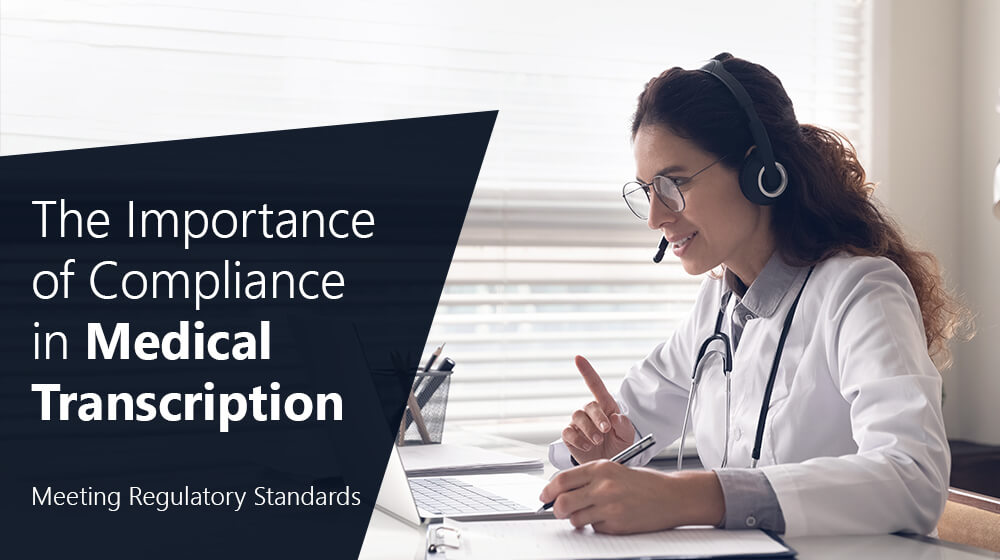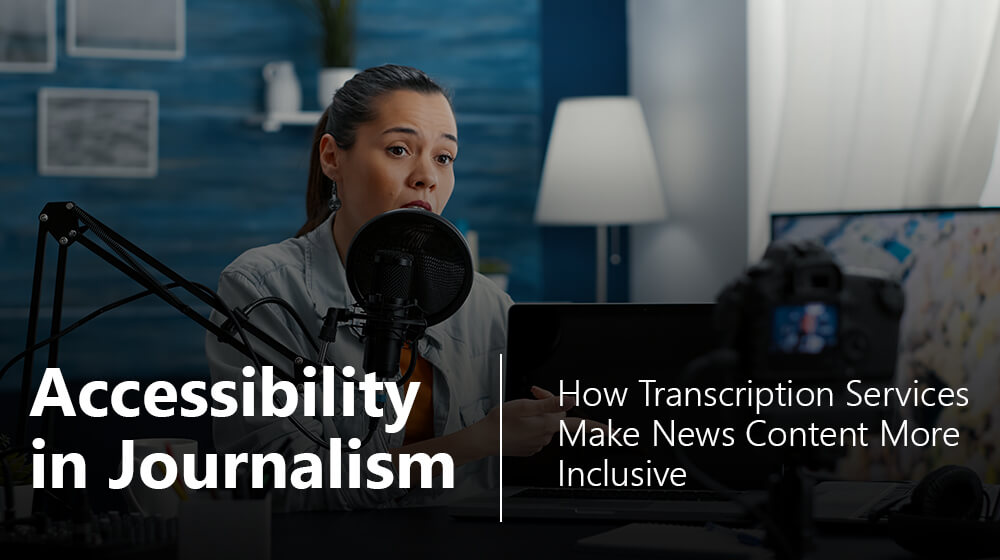Streamlining healthcare requires clear and effective communication. Patients and healthcare professionals must be on the same page throughout the treatment journey. This requires accessible medical information in diverse languages, which is preferred and understood by all the involved parties.
For this, the healthcare industry looks forward to professional multilingual transcription service providers offering accurate and secure documentation in various languages. This blog attempts to understand how these services benefit the industry and focuses on developing trends.
Multilingual Transcription In the Healthcare Industry
The use of transcription services is nothing new in the healthcare industry. Professionals have been using these services for years to manage their hefty tasks. With the evolving digital landscape, these services help with better patient data recording and management.
However, when the audio is converted into text in multiple languages, the scope of these services expands. Here’s how these services add to the efficiency of the healthcare industry:
Addressing Concerns of Medical Tourists
According to the Fortune Business Insights, the global medical tourism market was valued at USD 24.14 billion in 2023. Patients crossing borders in search of better treatment face hurdles while communicating their concerns. Those who only speak a single language or have limited medical vocabulary don’t get the best of care. Multilingual transcripts, further translated into specific languages, can help such patients.
For instance, take a case where a patient travels overseas and has limited proficiency in the language spoken by the doctor. To receive a higher level of care and communication, both of them can have medical transcripts converted into their native languages. In an ideal case, a medical transcript of a patient’s medical history can be converted into the doctor’s first language, making the initial conversation easier.
Expanding Scope of Telehealth Services
Multilingual transcription not only benefits medical tourists, it also adds to the scope of telehealth services. With accurate multilingual medical transcription, patient data can be translated and analyzed in no time. This can also speed up the consultation process in cases where patients solely rely on virtual medical services.
Moreover, industry experts and policymakers can gain some valuable insights with accurate transcripts. For instance, take a case where policymakers of two different states plan to develop a joint telehealth infrastructure. Feedback transcripts from various languages can be used to understand the potential issues, budgeting, and scope of service improvements.
Enabling The Cultural Competency
Cultural references help win patient’s trust, paving the way for effective communication. While explaining their disease history, some patients use such references or tried methods which can give a broader understanding of the case. Some may mention local remedies that affected their condition, making every point of medical history count.
With multilingual medical transcriptions, doctors can easily understand the regional references and communicate accordingly. This can also improve patient’s confidence because they need not hesitate to explain their problems by mentioning the local terms, which hold so much importance in their culture.
Managing Global Healthcare Services
Hospitals aiming to expand their setups overseas need to establish clear communication with their global partners. Also, they need to ensure that patients who join them for their healing journey are treated better than elsewhere.
Medical transcripts in diverse languages overcome every communication barrier, making expansion easier. For instance, if a newly established hospital offers its patients accurate transcripts in their regional language, patients will eventually come back to them. This also encourages positive word of mouth, highly considerable in this industry.
Optimizing Legal Documentation In Healthcare
Healthcare providers working internationally often face challenges in handling legal documents across different countries. Multilingual transcription services can be tailored to meet the legal requirements of various nations’ healthcare regulations.
For example, a healthcare organization operating globally needs legal agreements, compliance papers, and medical records to meet each country’s standards. By using transcription services optimized for legal purposes, organizations can ensure compliance, reduce legal risks, and provide consistent care, regardless of location. This also proves vital in legal disputes, where accurate multilingual documentation is essential.
AI and Multilingual Transcription
AI and multilingual transcription improve healthcare by providing real-time feedback and better patient data management. AI transcription tools can quickly turn spoken language into text in different languages during patient visits. This helps healthcare providers record accurate information, overcome language barriers, and give immediate care instructions.
These transcriptions also help AI models analyze patient data to predict outcomes, suggest treatments, and make operations smoother, leading to better care and decision-making for diverse patients.
Final Thought
Multilingual transcription services are breaking communication barriers in healthcare by ensuring patient data is accurately documented in multiple languages. This enhances patient care and helps healthcare providers offer more efficient, culturally competent services.
As healthcare globalizes, multilingual transcription is crucial for managing legal documentation and improving efficiency. With AI-driven solutions, providers can better manage patient data and deliver timely, personalized care across language barriers.At ANT Datagain, we apply our expertise in automation to provide multilingual transcription services that are affordable, timely, and customized to meet your specific needs.

